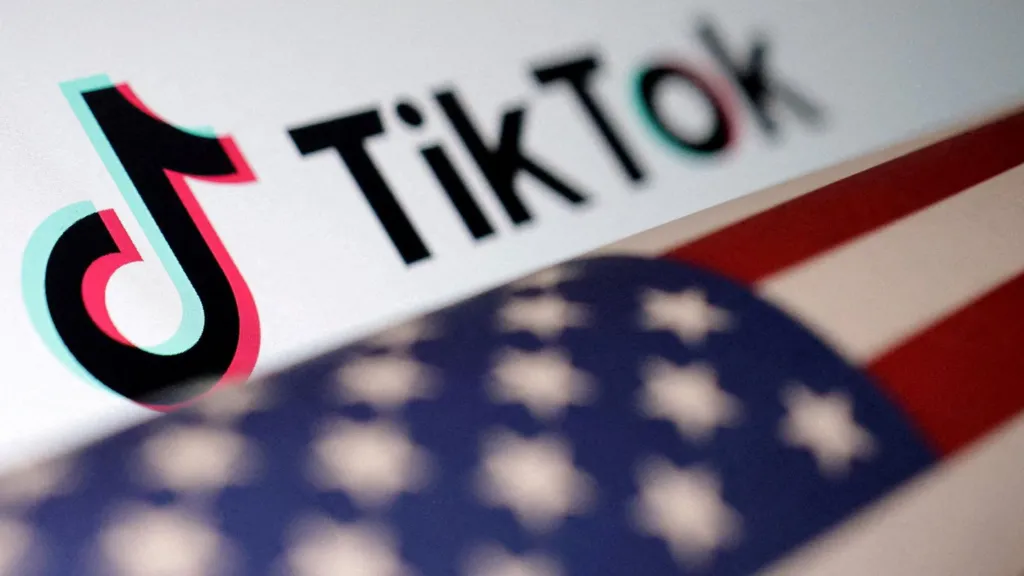OKX, a prominent cryptocurrency exchange, has decided to halt its operations in Nigeria, citing recent changes in local regulatory frameworks as the primary reason. According to reports from Cointelegraph, OKX communicated this decision to its users via email, marking the end of its services gradually diminishing over the past few months, with a complete cessation scheduled by mid-August.
In a notification sent to Nigerian clients on July 17, OKX specified that all services would terminate by August 16. After this date, users will only have access to the platform for fund withdrawals or to close their positions, effectively ending OKX’s presence in the country.
The withdrawal of naira withdrawals by OKX in May 2024 had initially sparked concerns, citing regulatory uncertainties. This move came amidst a broader regulatory crackdown on cryptocurrency exchanges in Nigeria, notably targeting Binance, which faced allegations of currency manipulation, money laundering, and tax evasion. This led to the Nigerian government blocking access to major centralized exchanges, prompting Binance to cease naira services and provide a brief window for users to withdraw funds or convert them to dollar-backed stablecoins.
The situation escalated further earlier in the year when Nigerian authorities detained key executives from Binance, triggering international attention and potentially straining diplomatic relations with the United States. Meanwhile, in Hong Kong, OKX opted to withdraw its application for a virtual asset services license in May and announced the suspension of centralized crypto trading services for local users by the end of the same month.
Despite these regulatory challenges, OKX assured its users of the security of their assets throughout these transitions, emphasizing that the decisions made were part of a strategic evaluation of its operations. Users in Hong Kong were granted until August 31, 2024, to withdraw their assets from OKX accounts.
The developments underscore a broader trend of regulatory scrutiny impacting cryptocurrency exchanges worldwide, reflecting ongoing efforts by governments to monitor and control digital asset activities within their jurisdictions.
















